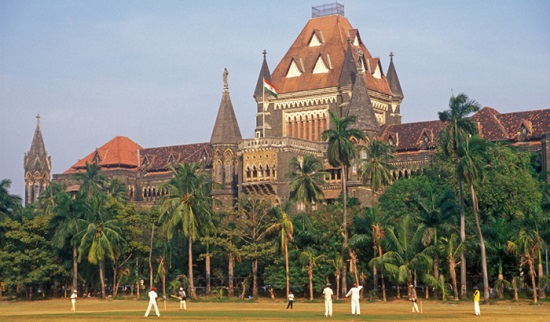The Bombay High Court in Sesa Goa Limited (ITA no. 17 and 18 of 2013) has held that education cess is allowable expenditure as word “cess” is absent under the provisions of section 40(a)(ii) of the Income tax Act, 1961.
Taxpayer had claimed deduction of cess as business expenditure by filing a separate letter before the Assessing Officer (AO). The AO denied the claim for deduction of cess as business expenditure.
Aggrieved by the assessment order, taxpayer preferred an appeal before the Commissioner of Income tax (Appeals) [CIT(A)]. The CIT(A) denied the deduction of cess as business expenditure relying on the decision of the Hon’ble Supreme Court in the case of Goetze (India) Ltd. v. CIT wherein it has been held that where an assessee has claimed deduction after the return has been filed, the assessing authority has no powers to entertain such claim made otherwise than by a way of a revised return.
Aggrieved by the CIT(A) order, taxpayer preferred an appeal before the Income Tax Appellate Tribunal (ITAT). ITAT denied the deduction and held that education cess and secondary higher education cess levied, has been collected as part of the income-tax and the provisions of section 40(a)(ic) & 40(a)(ii) of the Income tax Act, 1961 (the Act) are clearly applicable. Further, it held that cess payment is not a fee but is a tax and in case of fees, payment is made against getting certain benefit or services while tax is imposed by the government and is levied for which the person who pays the tax is not promised to get any benefit or service in return and the taxpayer is not getting any benefit or service in return for making payment towards cess.
The High Court discussed the Circular No. F. No.91/58/66-ITJ(19), dated 18th May, 1967 issued by the CBDT which clarifies that the word “cess” has been omitted from Section 40(a)(ii) and only taxes paid are to be disallowed in the assessments for the years 1962-63 and onwards. Further, the CBDT circular, is binding upon the authorities under the Act, like Assessing Officer and the first Appellate Authority.
Further it relied on various judgements some of which are as under:
In Chambal Fertilisers and Chemicals Ltd. Vs CIT Range-2, Kota (Income Tax Appeal No. 52/2018), the Rajasthan High Court relied on above circular and held that the ITAT erred in holding that the “education cess” is a disallowable expenditure under Section 40(a)(ii) of the IT Act.
This decision has been followed by the Calcutta Tribunal in DCIT Vs Peerless General Finance and Investment and Co. Ltd (ITA No.1469 and 1470/Kol/2019), DCIT Vs Graphite India Ltd. (ITA No.472 and 474 Co. No.64 and 66/Kol/2018) and Pune Tribunal in DCIT Vs Bajaj Allianz General Insurance (ITA No.1111 and 1112/PUN/2017).
The High Court held that although the taxpayer did not claim any deduction in respect of amounts paid by it towards “cess” in their original return of income nor in revised return of income, there was no bar to the CIT(A) and ITAT to consider and allow such deduction to the appellant. The High Court relied upon the decision of CIT Vs Pruthvi Brokers & Shareholders Pvt. Ltd. (349 ITR 336) and Ahmedabad Electricity Co. Ltd Vs CIT (199 ITR 351). The Appellate Authorities may confirm, reduce, enhance or annul the assessment or remand the case to the Assessing Officer. Further the High Court distinguished the decision of Goetze (India) Ltd. v. Commissioner of Income Tax [(2006) 284 ITR 323 (SC)] relied upon by Revenue, as the Hon’ble Apex Court was not dealing with the extent of the powers of the appellate authorities but the observations were in relation to the powers of the assessing authority.
To download Rajasthan High court Judgement in case of Chambal Fertilisers And Chemicals Ltd. CLICK HERE.
This article is just for information purpose it is always advisable to hire a professional for practical execution. If you need assistance you can ask a question to our expert and get the answer within an hour or post a comment about your views on the post and also subscribe to our newsletter for latest weekly updates.













